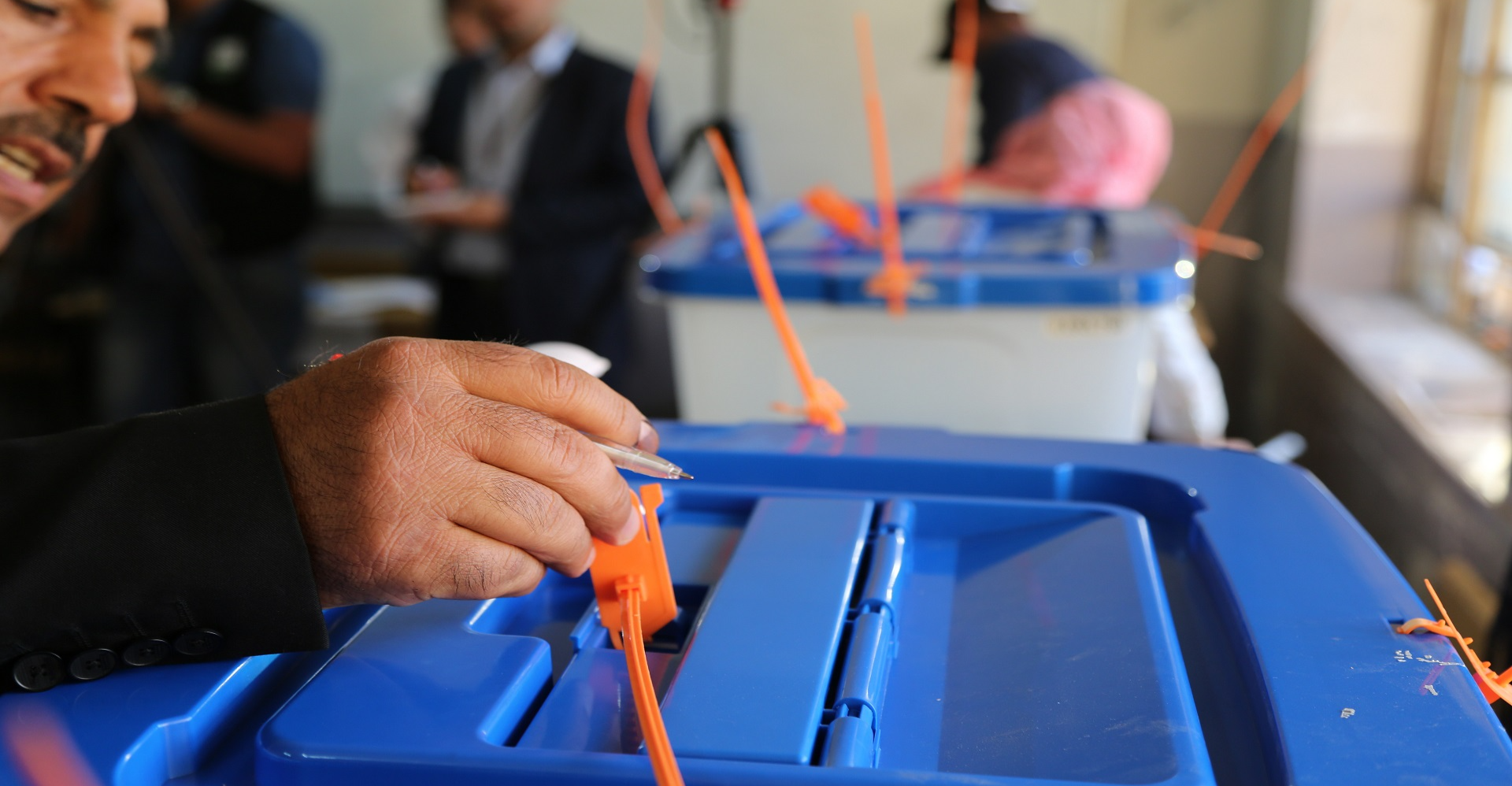The Parliamentary Legal Committee revealed that there is a political move to amend the House of Representatives Elections Law, while confirming that the elections will be held on the scheduled date .
Committee member Aref Al-Hamami said: “The political and parliamentary movement is moving towards amending the electoral system, which is Saint-Laguë .”
Al-Hamami added, “There are many proposals from the political blocs and representatives regarding adopting a single or multiple district system for the governorate, such as considering governorates with high population density as two electoral districts, such as the capital Baghdad, where the Rusafa side is an electoral district and Karkh is a separate district .”
Regarding the date of the elections, the representative confirmed that “the legislative elections for the House of Representatives will be held on the scheduled date in October 2025, and there will be no change or postponement in the date .”
It is noteworthy that the head of the State of Law Coalition, Nouri al-Maliki, confirmed in a previous statement his desire to expedite the amendment of the elections law and its approval, as he said that he had asked the new Speaker of Parliament, Mahmoud al-Mashhadani, to do so .
MPs had acknowledged the difficulty of amending the election law, due to the political division between the major political blocs, noting that each political party will work to pass the law according to what serves its party interests, and therefore this amendment was postponed until the controversial laws that have been pending for months without voting on them are resolved .
Iraq has witnessed the enactment of six electoral laws since 2003. The first was during the transitional state phase, when all of Iraq was one electoral district, with the approval of closed electoral lists .
Although the electoral law (No. 16 of 2005) adopted closed lists and the electoral quotient system in calculating votes and distributing seats, it divided Iraq into 18 electoral districts, and continued to be in effect until 2010, after which it witnessed an amendment represented by the adoption of semi-open electoral lists .
In 2014, Parliament issued a new electoral law, adopting the Sainte-Lague system according to the 7.1 equation, but this equation was changed in the 2018 elections, which witnessed the issuance of a new electoral law adopting the 1.9 equation .
The law underwent a radical change in 2020, in response to the demands of the October 2019 protests, as it relied on the majority instead of proportionality, and divided the governorate, which in previous laws was a single district, into several electoral districts .
It is noteworthy that the House of Representatives voted during its session held on March 27, 2023, in the presence of 218 representatives, on the “Third Amendment to the Law on Elections of the House of Representatives, Provincial and District Councils No. (12) of 2018. ”
The recent amendments included the cancellation of the system in effect in the October 2021 elections, and the new electoral system adopted a multi-constituency system and divided the country geographically into 83 constituencies instead of the old system, which specified that each governorate represents one electoral constituency.






